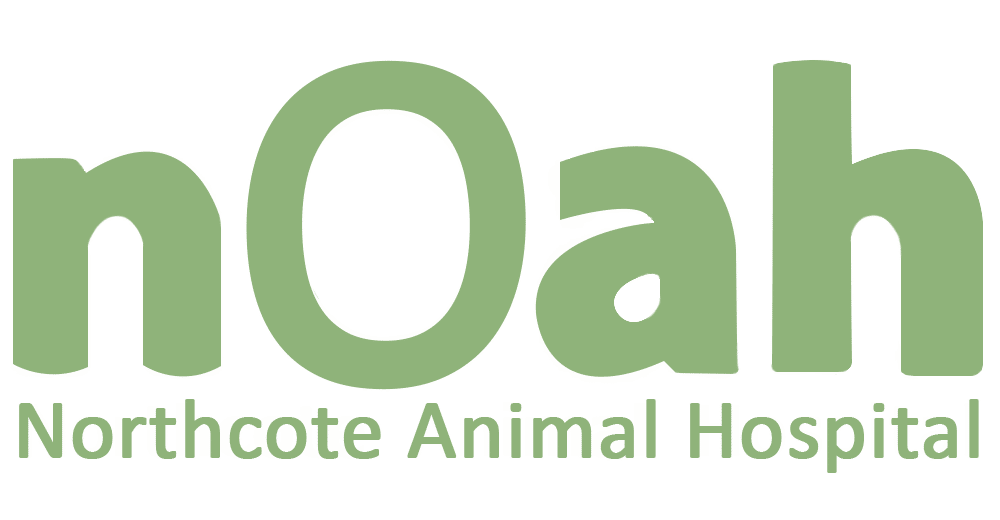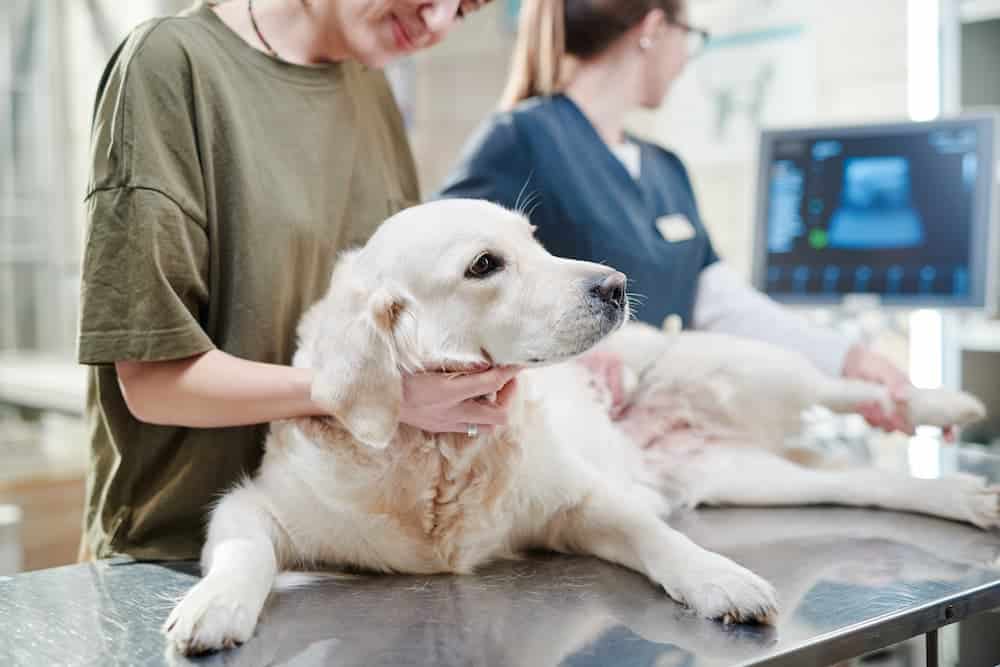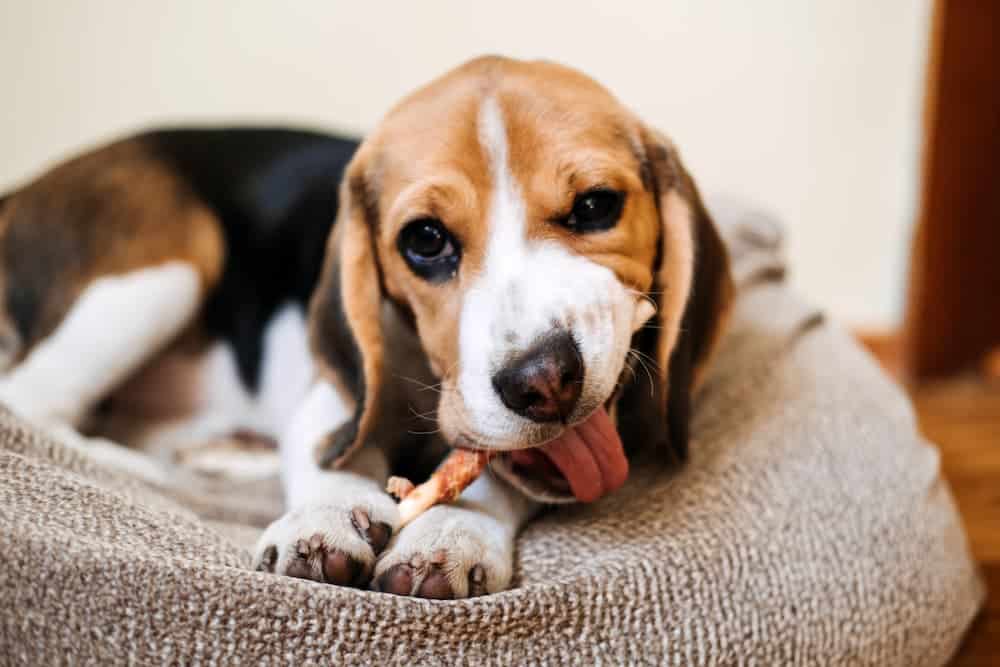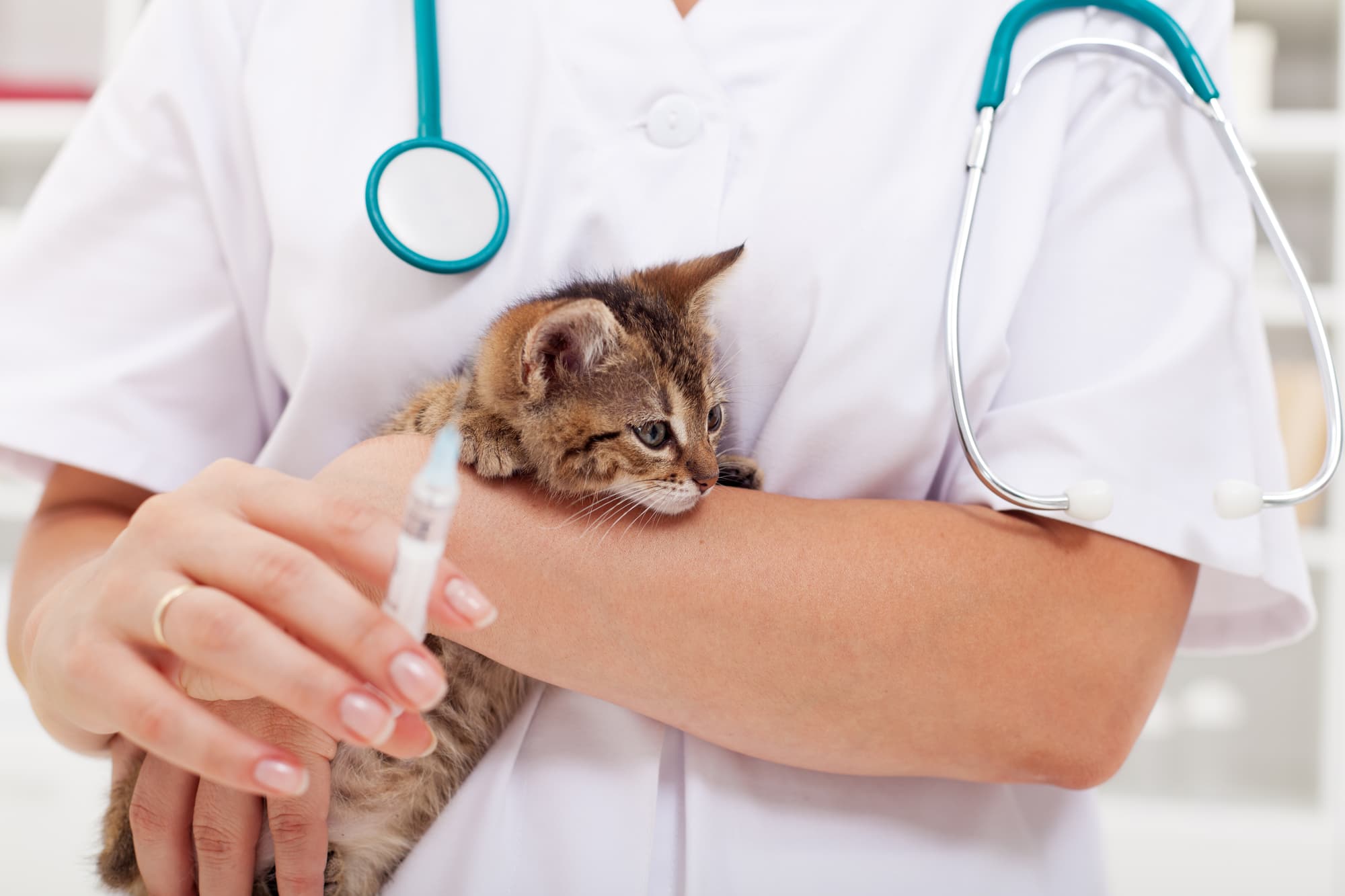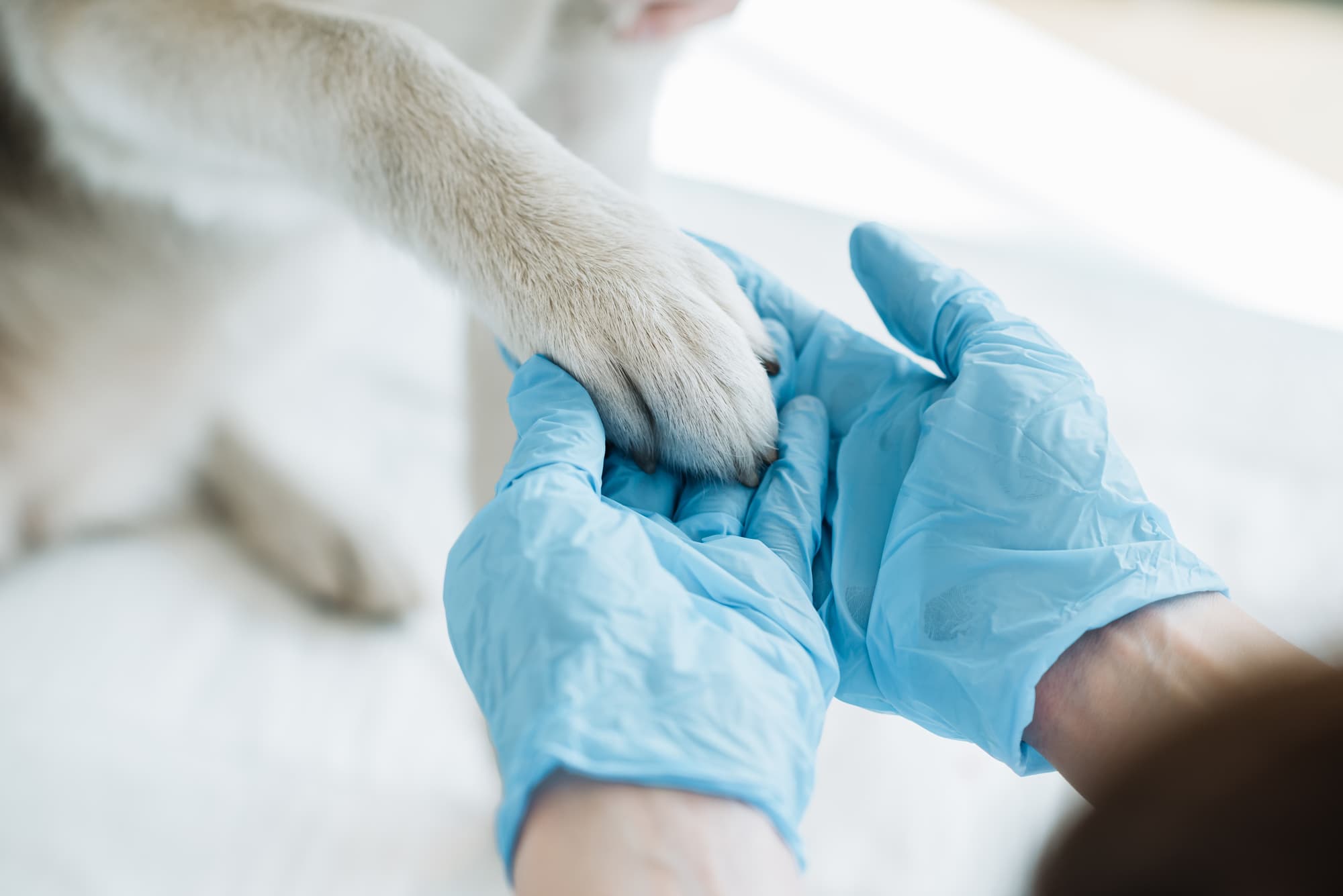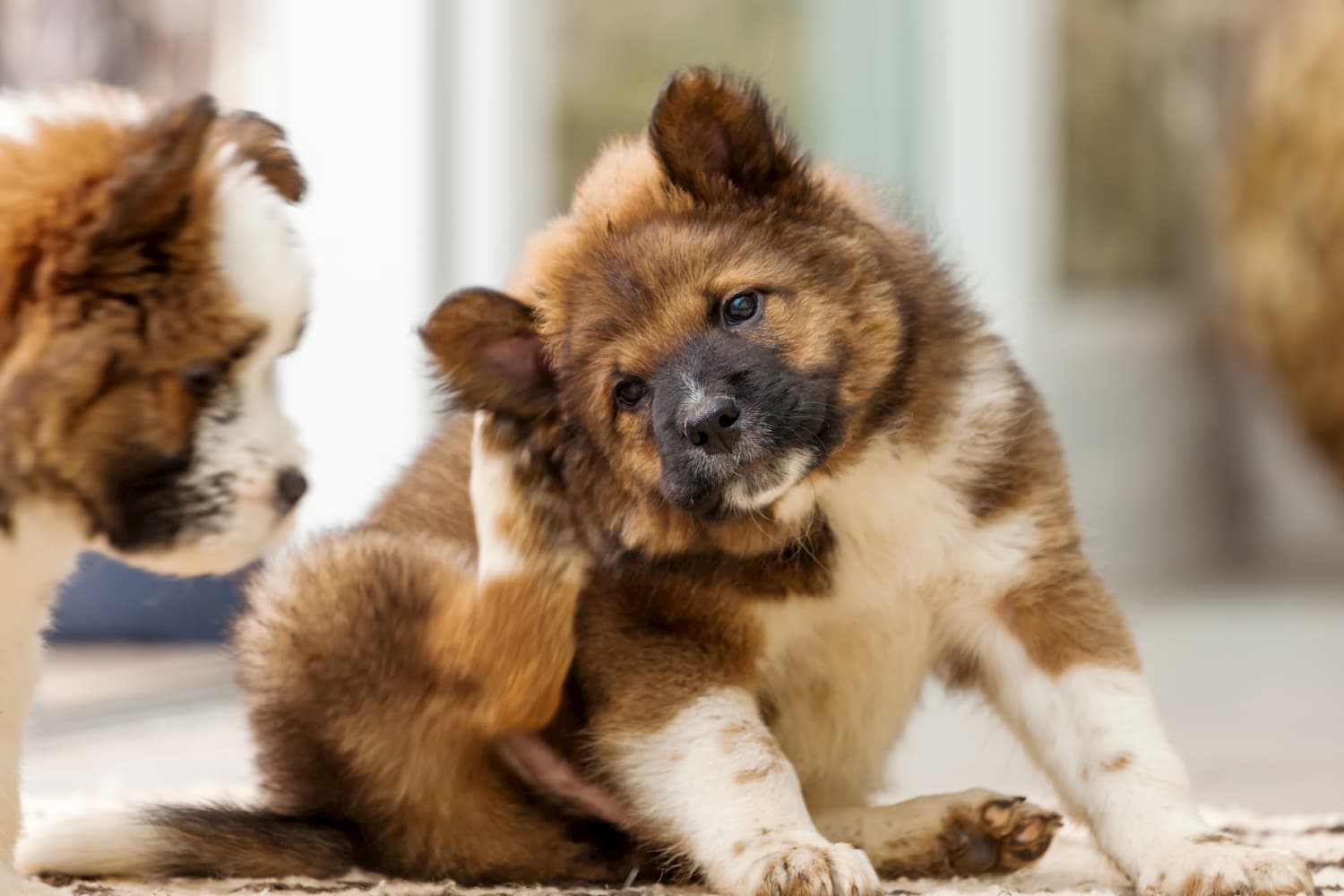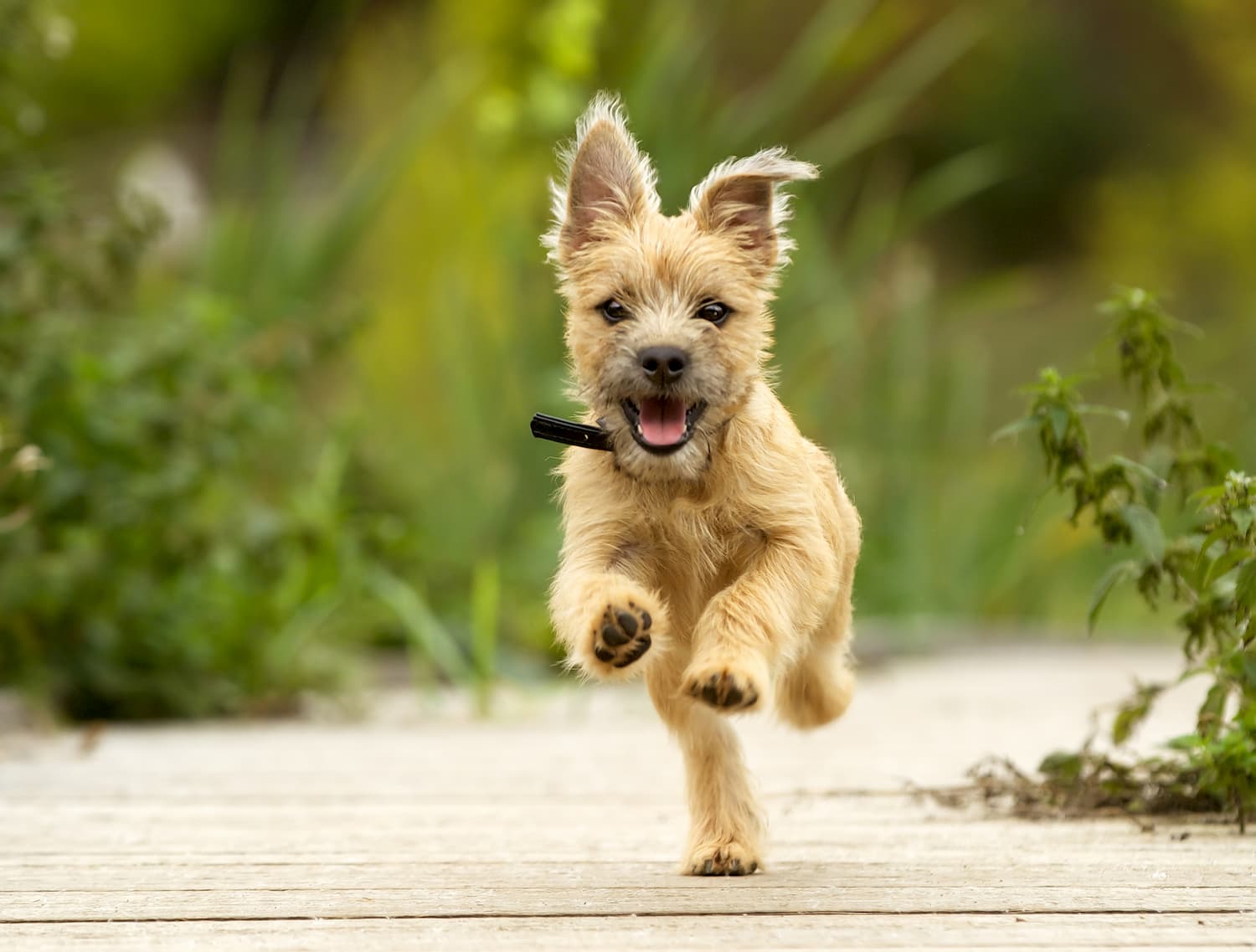Whilst dogs aren’t as vulnerable to cavities as their two-legged owners, poor dental hygiene can pose a highly significant threat to a dog’s health and wellbeing. In this blog post we’ll go over everything you should know about healthy dog dental care, including:
- Dog teeth brushing 101
- Toothbrushes and toothpaste
- Food and toys
- When should you take your dog to the vet
Dog Teeth Brushing 101
It might not be the most glamorous thing you do this week, but don’t underestimate the importance of brushing your dog’s teeth. It’s estimated that up to 85% of canines over 4 years old suffer from some form of gum disease.
And, while brushing is important for all breeds, when it comes to brachcephalic breeds (the short-nosed varieties such as pugs and bulldogs), it is even more vital. These breeds commonly have misaligned teeth and jaws, which don’t meet properly, which means that chewing is not as effective when it comes to ensuring good dental hygiene.
Left unchecked, oral health issues (particularly infections) can spread to the heart, liver, or kidneys. Best to practice sound dog dental care to ensure things never get to that point.
Now, whilst it’s easier to introduce your dog to teeth brushing as a puppy, don’t fret if you’re a little later to the scene. The most important thing in either case is that both yourself and your dog are comfortable enough to see the job through, even if you have to brush in stages!
When starting out, make sure to go slowly. You can take a break, or even come back tomorrow if your dog gets too agitated. With love, care, and time, your dog will get more and more used to the process. And as with any desired behaviour, kind words and a treat go a long way.
Just like humans, it’s optimal to brush your dog’s teeth daily. If that simply isn’t practical, then aim for every other day. But remember, sometimes is better than never, and make sure to clean those gums along with the teeth.
Toothbrushes and Toothpaste
When it comes to toothbrushes, a canine double-headed toothbrush is recommended. And don’t forget the doggie toothpaste! That’s toothpaste for dogs… NOT for humans! Why? Because human toothpaste most often contains fluoride, a highly poisonous chemical for dogs.
Dog toothpaste, on the other hand, is completely safe for dogs to swallow and even comes in a range of delicious flavours, from chicken, right through to cheese. Your vet will have the toothpaste you need.
Quick tip: wipes and pads offer a serviceable substitute when brushing isn’t available.
Food and Toys
And now, for the slightly more enjoyable and delicious ways to take care of your dog’s dental hygiene. Why not let your furry friend chow down on some healthy snacks and the odd chew toy? When it comes to food choice, dry food is preferable to soft food, as it is far less likely to stick to your dog’s teeth.
There are also a number of prescription foods available for dogs that require special dental diets. We recommend Hills Canine T/D and Royal Canin (for dogs that do not have any other medical issues). Both of these foods are larger kibble, which encourages dogs to crunch them, helping to remove tartar from their teeth. It also discourages bacteria from sticking to the teeth.
Artificial bones and chew toys can supplement dog dental hygiene with no effort on your part required. For the chew toys, rubber and nylon are recommended. And of course, make sure these items are large enough to pose no choking hazard. We always recommend you supervise your furry friend when trying out any new chew toys—it’s always better to make sure there are no choking hazards.
When Should You Take Your Dog to the Vet?
We recommend checking the inside of your dog’s mouth on a weekly basis. If you notice any of the following symptoms or behaviours, then it might be time for a trip to the vet:
- Unpleasant breath
- Abnormal chewing action
- Abnormal eating behaviour
- Depression
- Loss of teeth or change in teeth alignment
- Discolouration
- Damaged teeth
- Inflamed, red, agitated or bleeding gums
- Build-up of plaque like crust on the gum line
- Bulges or swelling in the mouth
Regardless of whether you have direct cause for concern about your dog’s oral hygiene, regular check-ups at the vet is recommended. As a rule of thumb, it’s important for a professional to take stock of your dog’s dental health every 6 to 12 months.
And, don’t forget, Northcote Animal Hospital offers free dental quotes up to every three months. Make sure you take advantage of this offer, and keep your canine’s pearly whites in tip top condition.
As it’s likely that your dog will require more care from your veterinarian as it ages, it’s useful to know what to expect. As the doggie years role by, scaling and polishing might become increasingly necessary to remove the build-up of plaque and tartar. Additionally, dental x-rays may be used to gain a more complete picture of your dog’s overall dental health. X-rays serve to locate abnormal growths, tumours, or infections that are otherwise impossible to locate at a glance.
Whilst a trip to the vet is simply a part of looking after your dog, it can be nerve-racking if you suspect something might be wrong. It’s best practice to pay careful attention to your dog’s dental hygiene. And don’t forget to brush!
